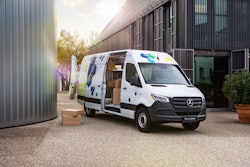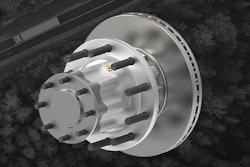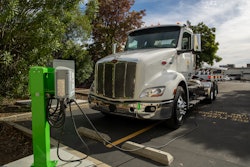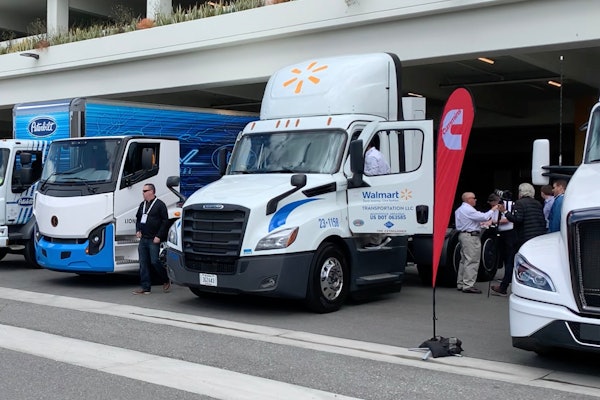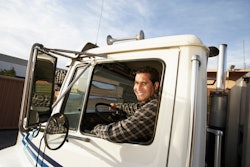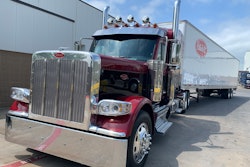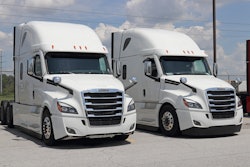Bigger is not necessarily better when it comes to EV batteries and chargers, according to Dr. Giorgio Rizzoni, director of the Center for Automotive Research at Ohio State University, who spoke Tuesday at the Green Truck Summit at the Work Truck Show in Indianapolis.
Rizzoni said fleets need to lean more on understanding the duty cycles of their vehicles and then coming up with battery specs and charging solutions to optimize EV performance. In short, that doesn’t mean spec’ing the largest battery possible, nor the largest charger.
“Once you can charge at 50kW at home base, you have satisfied about 60% of [work truck] applications. You don’t necessarily need a large battery pack,” Rizzoni said.
A charger that size is a far cry from 350kW DC fast chargers that are fairly common at charging sites around the U.S., but speed isn’t everything.
“Fast-charging is not good for today’s batteries,” said Rizzoni, who added that moving forward batteries need to be better engineered “to withstand excessive charging.”
[Related: Cummins' CEO sees internal combustion waning as emissions regs tighten]
Having a larger battery also incurs greater upfront cost and increases vehicle weight, which cuts into max cargo capacity.

